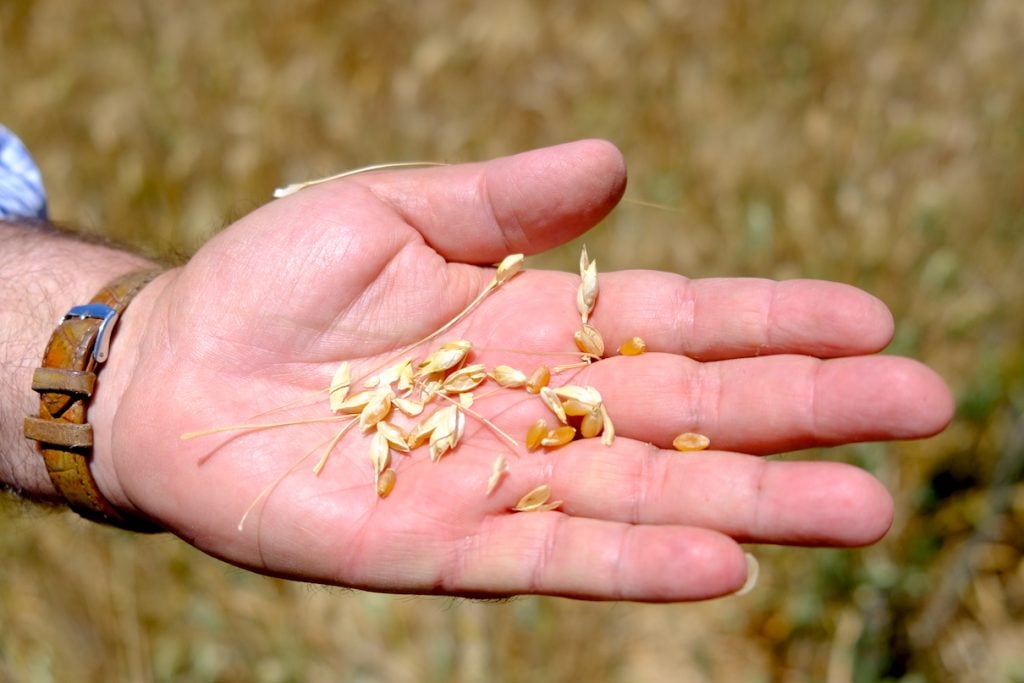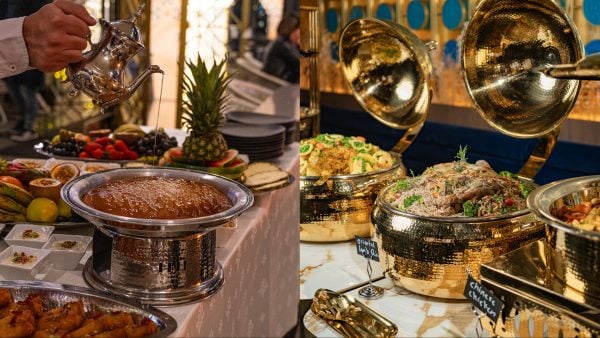Local Seeds Under Threat: New Law Endangers Lebanon’s Agricultural Heritage
Local seeds in Lebanon are under threat due to a draft law regulating the trade of seeds and seedlings that’s currently being discussed. The proposal raises major concerns about farmers’ rights, the protection of native seeds, and food sovereignty.
According to experts interviewed by The Legal Agenda, the current draft poses a serious risk to traditional/local seeds. The core issue lies in how the law defines a “variety,” relying on DUS criteria (Distinctness, Uniformity, Stability). These standards work for hybrid and industrial seeds but not for local seeds, which are naturally diverse and evolve with Lebanon’s soil and climate.
What does this mean in practice?
Local seeds are never 100% identical. They adapt each season to changes in the land and climate. If DUS conditions become mandatory, these seeds won’t qualify for registration. That makes them illegal to trade or use, effectively wiping out Lebanon’s original seed varieties by banning their cultivation.
Why is this alarming?

1. Loss of biodiversity:
Local seeds are the first line of defense against pests, disease, and climate change. Losing them means losing our strongest natural tool for adaptation.
2. Giving corporations the upper hand:
Only hybrid seeds meet DUS standards, which concentrates the market in the hands of large companies and sidelines small farmers and local nurseries.
3. A blow to food sovereignty:
A commercial system forces farmers to buy imported seeds every year instead of producing their own.
4. Turning agriculture into a purely commercial model:
Standards prioritize appearance, like size, shape, and color, over nutrition, resilience, or seeds suited to Lebanon’s environment.
Amendments Are Essential to Protect Farmers
The National Human Rights Commission stated that the current draft law focuses only on commercial and technical considerations while overlooking farmers’ rights, food sovereignty, and the preservation of local agricultural diversity.
The commission is calling for substantial changes to the law and for an alternative approach grounded in justice, equality, and biodiversity protection. Key recommendations include:
– Recognizing the national/local seed system alongside the commercial one.
– Creating a national seed registry and seed fund.
– Safeguarding seeds from genetic modification and biopiracy.
– Ensuring women and youth are represented in agricultural committees.
– Aligning the law with farmers’ rights and reviewing international agreements before signing on to them.
The proposed seed law, if left unchanged, risks erasing this vital heritage and giving undue control to large corporations. Protecting traditional seeds through thoughtful amendments isn’t just about agriculture. It’s about preserving Lebanon’s environmental, cultural, and economic resilience for generations to come.
Main Image: Chris Trinh/The Public Source

Lebanon Grants FIFA President Infantino Citizenship, But Not Lebanese Women’s Children
Apparently, his “ties to local football” outweigh Lebanese women’s rights.





